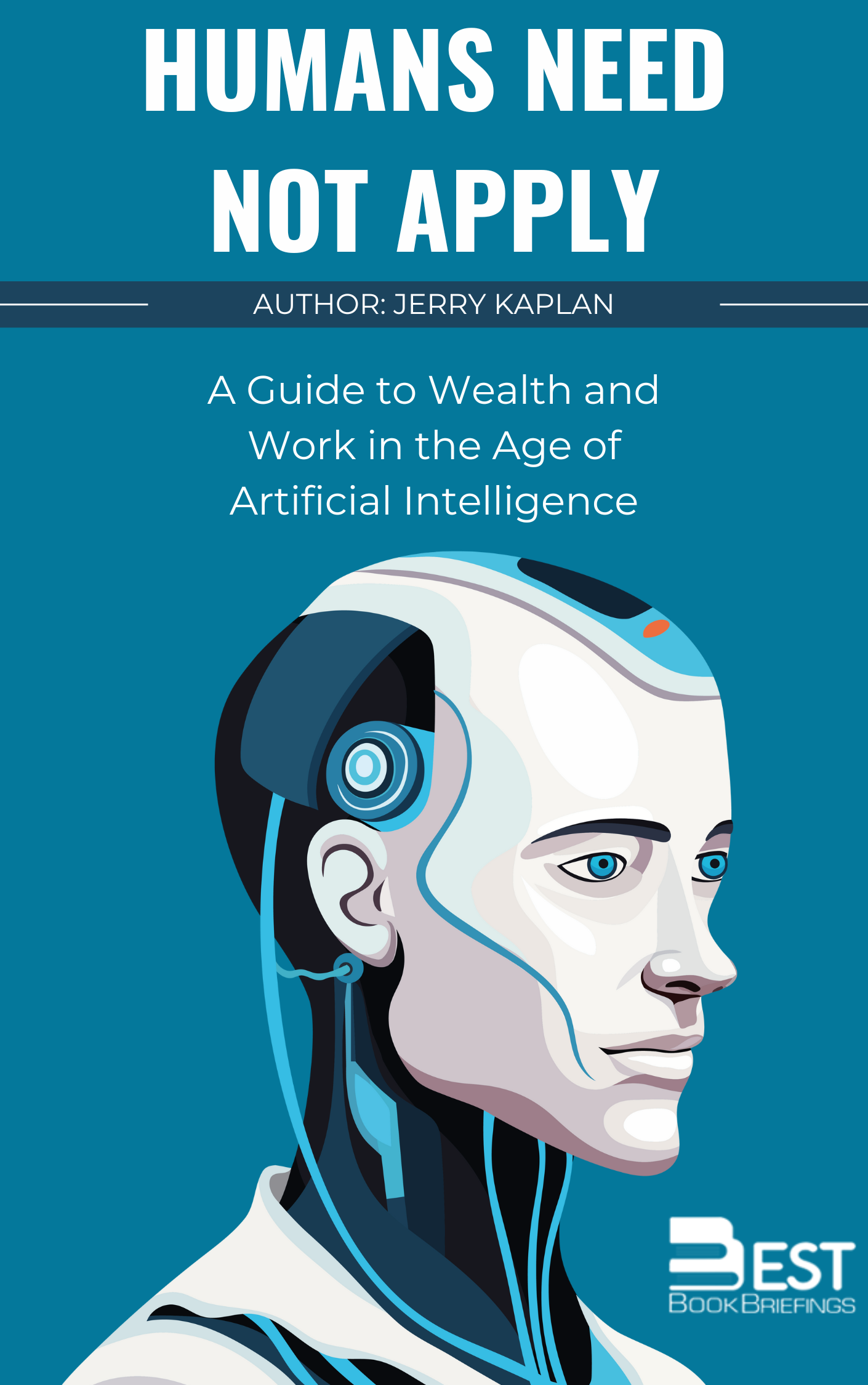The Industries of the Future
Number of pages: 320
Publisher: Simon & Schuster
BBB Library: Technology and Globalization
ISBN: 9781442399549
Editorial Review
The coming era of globalization will unleash a wave of technological, economic, and sociological change that shook West Virginia in the 20th century and the challenges brought on by the Internet and digitalization as I was leaving college 20 years ago. In business areas as far afield as life sciences, finance, warfare, and agriculture, if you can imagine an advance, somebody is already working on how to develop and commercialize it.
Book Reviews
Books on Related Topics

Jaron Lanier is the father of virtual reality and one of the world’s most brilliant thinkers. Who Owns the Future? is his visionary reckoning with the most urgent economic and social trend of our age: the poisonous concentration of money and power in our digital networks.

To realize the current global stage, all you need to do is to look at your dinner table! It’s full of food from the four corners of the World; Salmon from Chile, sauce and spices from Brazil. Your dishes might be from China or Hungary, and glassware from the Czech Republic.

Global warming is a bear, but we aren’t bears. Most animals don’t have the native intelligence to think their way out of habitat changes, but we do. The accelerating evolution of our labor ecosystem, propelled by continual technological advances, compels us to take a fresh look at the way we prepare

In the economy of a few years from now, what will people do better than computers? Technology is rapidly invading fields that it once could not touch, driving cars better than humans do, predicting Supreme Court decisions better than legal experts, packing boxes, identifying faces, scurrying around hospitals delivering medications, all



